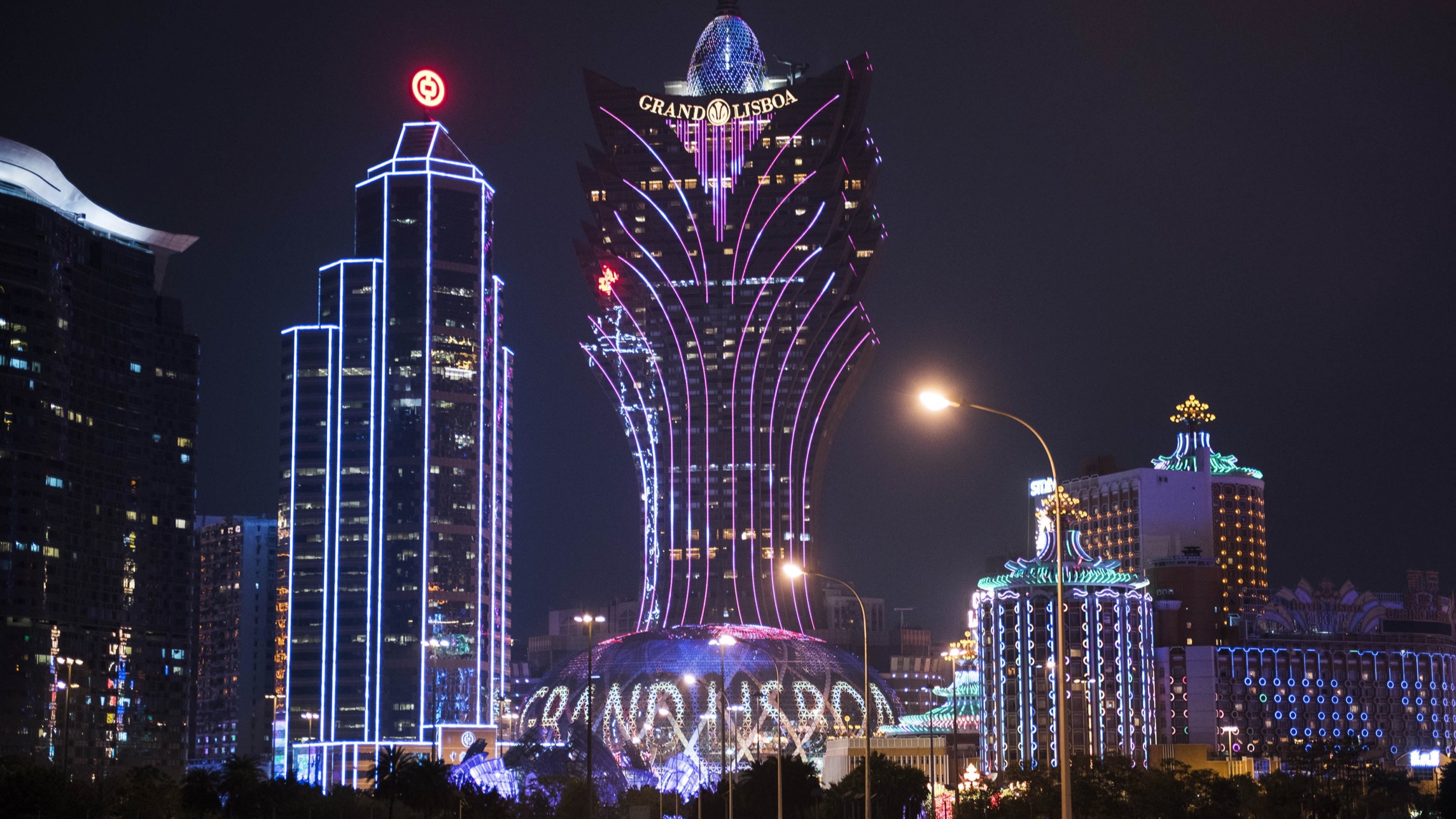
Casino games have long been a engaging form of entertainment, drawing numerous of players from different cultures around the globe. From the glitzy casinos of Vegas to the bustling gambling halls of the Cotai Strip, these games serve as a bridge that unites people across a variety of backgrounds. The allure of fortune, strategy, and uncertainty entices not only those hoping to strike it rich but also those seeking a shared experience.
The cultural impact of casino games extends well beyond the gaming floor. They often embody the cultural standards and principles of the cultures in which they flourish. Games such as seven-card stud, blackjack, and the wheel game have woven themselves into the mosaic of cultural phenomena, influencing multiple fields from films to clothing. As we explore this intriguing intersection of chance and culture, we can comprehend better how casino games shape and are shaped by the surrounding world.
Historical Progression of Gaming Games
The roots of gaming activities can be traced back to ancient cultures, where gambling in various forms was widely performed. In Ancient China, around 2300 B.C., a form of lottery known as Keno was well-known, while in old Rome, soldiers would frequently wager on the results of their matches. The idea of using randomness for amusement and gain evolved over the centuries, leading to the establishment of more organized games. By the late Middle Ages, gambling houses began to surface in the continent, especially in Italy, which introduced early incarnations of well-liked games still played today.
As gambling expanded fame in Europe, the 17th and 18th centuries saw the rise of gambling establishments as exclusive establishments for betting. The initial official gaming venue, the Ridotto, was founded in the city of Venice in 1638, featuring games like the game of Baccarat and the game Faro. This period marked a crucial shifting point, as gaming venues began to attract not just the elite but also the growing middle class. The refinement of activities grew, leading to the introduction of new guidelines and variations that enhanced the gaming experience.
In the 19th century, the industrial revolution and changes in social norms further altered the landscape of casino activities. The launch of the game of roulette and new gaming machines pulled in a broader audience, and casinos became seen as legitimate forms of recreation. This period witnessed the worldwide proliferation of gambling, as casinos extended from Europe to the Western Hemisphere, culminating in the creation of the legendary Las Vegas Strip in the 1900s. The progress of gambling activities has continued into the modern era, including new technologies and digital platforms, allowing them accessible to a global market.
## Cultural Relevance across Various Cultures
Casino activities have profound social value within a multitude of cultures across the planet. link alternatif kastatoto Places like Las Vegas, the very fabric of the city is woven around gambling establishments, where gaming is not just a pastime but a central aspect of leisure and community interaction. The dazzling lights and lively atmosphere attract countless individuals, showcasing how gambling activities can influence local economies and local cultures. This environment transforms the notion of relaxation into an immersive experience that affects apparel, melodies, and even cinema.
In contrast, some cultures view gambling with greater care, seeing it through the lens of ethical considerations and customs. For instance, in numerous Eastern cultures, games like Mahjongg and Pai Gow Gambling are steeped in history and possess significant social meanings. These games are often played during get-togethers and occasions, fostering collective connections and solidifying kinship ties. The act of playing these games goes past mere entertainment, reflecting values such as honoring elders and the significance of communal fun.
Meanwhile, in Western countries such as Monaco and Rome, games of chance serve as symbols of luxury and elegance. The stylish atmosphere of these establishments attracts both travelers and locals, reinforcing a sense of status and elitism. The art of Texas Hold’em and the strategic features of games like baccarat are appreciated, shaping social dynamics and creating an appeal that captivates a varied audience. This underscores how games of chance can simultaneously mirror and influence cultural perspectives towards hazard, reward, and relationship building.
Financial Influence and Travel Industry
Gambling activities play a crucial role in the economic landscape of many regions, particularly those that depend significantly on tourism. The revenue produced from casino operations fuels local economies, creating employment opportunities not only within the casinos themselves but also in related sectors such as hospitality, restaurant services, and recreation. This surge of tourists, drawn by the allure of games and the overall gaming environment, stimulates spending across multiple local enterprises, contributing to the economic vitality of the area.
The existence of casinos often leads to the development of infrastructure, including lodging, public transit, and leisure amenities. These developments are essential in enhancing the overall visitor satisfaction, making locations more attractive to tourists. Additionally, many casinos invest in local communities through sponsorship of activities and philanthropic initiatives, further integrating themselves into the social fabric of the locality. Such investment not only supports economic growth but also cultivates a positive image of the casino industry.
Furthermore, the global popularity of casino games drives competitive tourism, with regions vying to attract players from across the globe. Iconic locations like Las Vegas and Macau have become identifiable with gambling culture, drawing millions annually. This advantage encourages innovation and variety within the gaming industry, influencing developments in entertainment and accommodation that resonate beyond their borders. The consequences of this tourism extend far, impacting local economies and cultural interactions on a global scale.